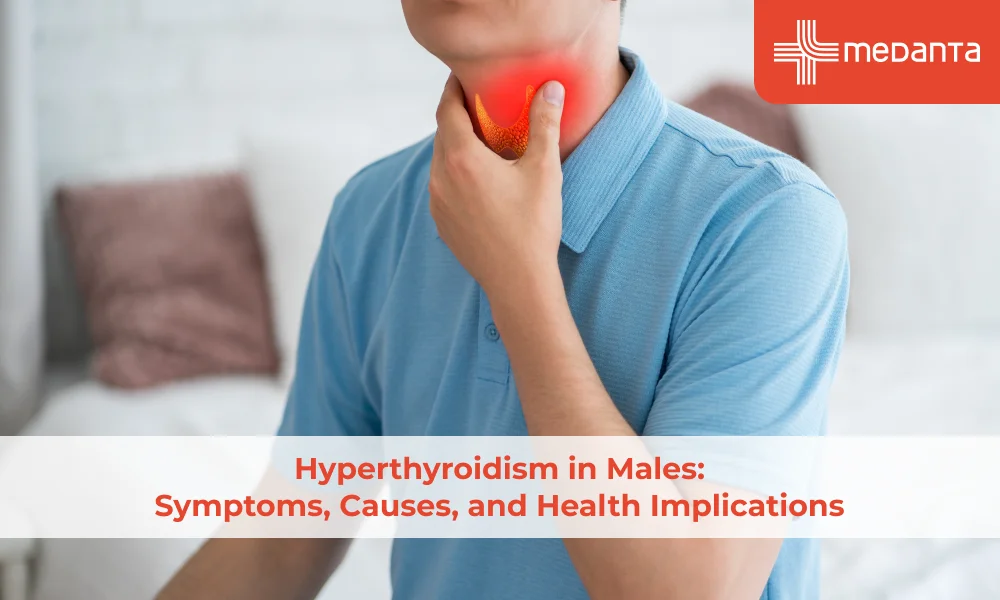Know How to Shield Children from the Dangerous Measles During an Outbreak
With the recent measles outbreak in some parts of the world, parents need to be extra vigilant and proactive in protecting their children from this highly contagious illness. Measles is a preventable disease that can be avoided with vaccination and proper hygiene, but if contracted it can cause serious complications. In this blog post, we'll take a look at the symptoms of measles, how to prevent it, and how you can shield your children during an outbreak. With the right knowledge and tools, you can help to keep your family safe from this dangerous illness.
What is Measles?
Measles is a serious, highly contagious viral illness that can cause severe respiratory symptoms and rash. It is spread through coughing and sneezing and can live in the air for up to two hours after an infected person has left the area. If not treated, it can lead to complications such as pneumonia, encephalitis, ear infections, and even death.
Symptoms of Measles:
Knowing what to look out for could save your life or the life of someone you love, so read on to learn more about the signs of measles and how you can protect yourself and others.
Measles is a highly contagious viral disease that causes a rash on the skin and can lead to more serious complications such as pneumonia and encephalitis. The measles rash usually appears two to four days after infection and typically starts on the face before spreading down the body. Symptoms also include fever, cough, runny nose, red eyes, and feeling unwell. It's important to recognize these symptoms early so that proper medical treatment can be provided if necessary.
Treatment Options for Measles:
When it comes to treatment for measles, vaccination is the best way to prevent it in children. The MMR vaccine (Measles-Mumps-Rubella) is recommended for all children aged 12 months or older, with two doses given at least 28 days apart. Children who haven't been vaccinated should receive their first dose as soon as possible if there is an outbreak in their area. If your child has already been vaccinated but has not yet received their second dose of the MMR vaccine, they should receive it as soon as possible. Additionally, certain medications may be prescribed to help alleviate symptoms such as fever or pain relief.
Prevention techniques during an outbreak:
To protect your child from contracting measles during an outbreak, it's important to follow simple preventive measures such as washing hands frequently with soap and water; avoiding close contact with anyone who has symptoms of measles; staying home from school or work if you have any symptoms of measles, and getting your child vaccinated according to the recommendations from Medanta hospital. Additionally, if you believe your child may have come into contact with someone who has measles then call your doctor right away so they can assess whether further steps need to be taken for prevention or treatment.
Vaccination Recommendations for Children:
Finally, getting your child vaccinated according to the recommendations from Medanta Hospital is crucial in protecting them from illnesses like measles. All children over 12 months should receive two doses of the MMR vaccine - one at ages 12-15 months and another at 4-6 years old - followed by a booster shot at age 11 years old or older. Make sure you consult with a qualified healthcare professional about the immunization schedule that best suits your family’s needs before proceeding with vaccinations for measles prevention during an outbreak.
Medical Treatment for Measles:
If you think that your child has been exposed to or contracted measles, seek medical advice right away. Your doctor will likely order an antibody test which will confirm if your child has been infected with measles or not. They may also advise taking additional precautions such as staying isolated at home until they have fully recovered and avoiding contact with people who haven’t been vaccinated against measles or aren’t immune due to previous infection or vaccinations.
Once you visit a doctor or health care provider for diagnosis, they will likely do a physical exam and take blood tests to determine if you have measles. Depending on your age and general health condition certain treatments may be necessary to reduce the severity of the illness such as antiviral medications or antibiotics if complications occur from secondary infections like pneumonia or other respiratory issues.
Conclusion:
Measles is a highly contagious virus that can put individuals of all ages at risk for severe complications if left untreated. Knowing how to identify an outbreak in your area and what preventive measures you should take can help reduce the risk of infection among vulnerable individuals like young children who haven't yet received the MMR vaccine or those who cannot receive it because of certain medical conditions. By understanding measles and taking appropriate steps, you can help protect your family from this dangerous illness during an outbreak period.






